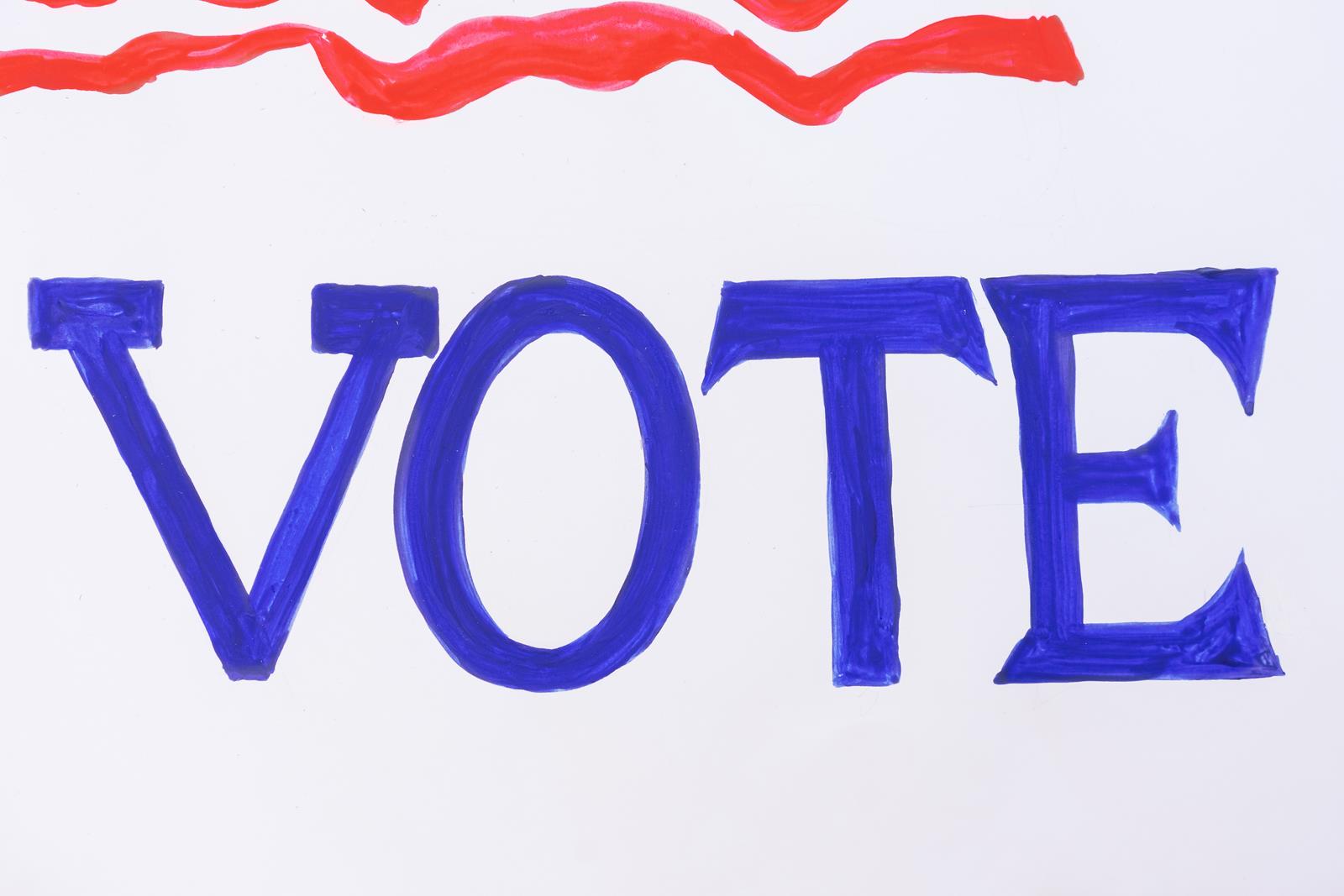Politics is a broad field of study that has both theoretical and practical elements. Politics refers to the process by which power is established or maintained by people, groups, nations, and organizations. Politics is the arrangement of activities which are related to making choices in groups, individuals, or other types of political power relations between individuals or groups, including the distribution of economic status or assets. The field of public administration studies the process by which public policies are developed and enacted. This branch of political science is also known as public law or political science.
A political science degree program can be completed as either an undergraduate degree or post graduate degree. Many universities offer degrees in politics. An undergraduate degree may be sought after for those who are interested in working in politics but do not wish to specialize in it. For those interested in politics, they may choose to pursue a graduate degree in political science or a related field. The graduate degree in political science is especially popular because it provides excellent preparation for careers in international relations, law, and political communication.
There are many options available to those seeking a political science degree. The options include: American government history, American government studies, social science, political philosophy, women’s studies, and political science and administration studies. Students in graduate school pursuing a political science degree will be able to select a specific area of study, so that they can specialize in a particular topic of interest. In most cases, these programs are interdisciplinary and require coursework on several different areas of politics.
One of the major areas of focus for those studying political science is the history of political institutions. This includes how politics developed throughout the different periods of history. Students will learn about the development of political institutions such as the constitution and civil society, legal systems, and political parties.
The political system has many underlying elements. However, it is one of the most important aspects of politics that is often neglected in the daily life. Students will learn about how the various political institutions developed throughout time. They will also learn about the relationship between political institutions and the different political actors.
Students will also have the opportunity to participate in research-oriented study politics courses. These courses are designed to help students become knowledgeable about the political system and how it came to be. They will be introduced to a variety of different political theories and how they developed over time. It is important for students to become well acquainted with the different political theories in order to be successful when taking their post-graduate studies in political science at an accredited university or college.
There are a number of different styles of debate in politics, which allow a variety of different political concepts to be discussed. As a student completes their coursework in political theory, they will learn about the various arguments and perspectives that are put forth during a political debate. Students will learn about the differences in party policies and what party policies are considered as being in accordance with the political concept. It is important for students to be familiar with all these different styles of debate and to be able to express their opinions in a clear and concise manner.
Politics, like any other subject, has both fundamental and derivative elements. Therefore, all politics courses will ultimately teach students about the basic political concepts that drive contemporary politics. However, these are not the only political concepts that need to be studied. Politics essentially involves five separate and distinct areas that students must become very familiar with in order to understand politics fully. Knowing these five areas are essential to becoming truly competent in political debate.
